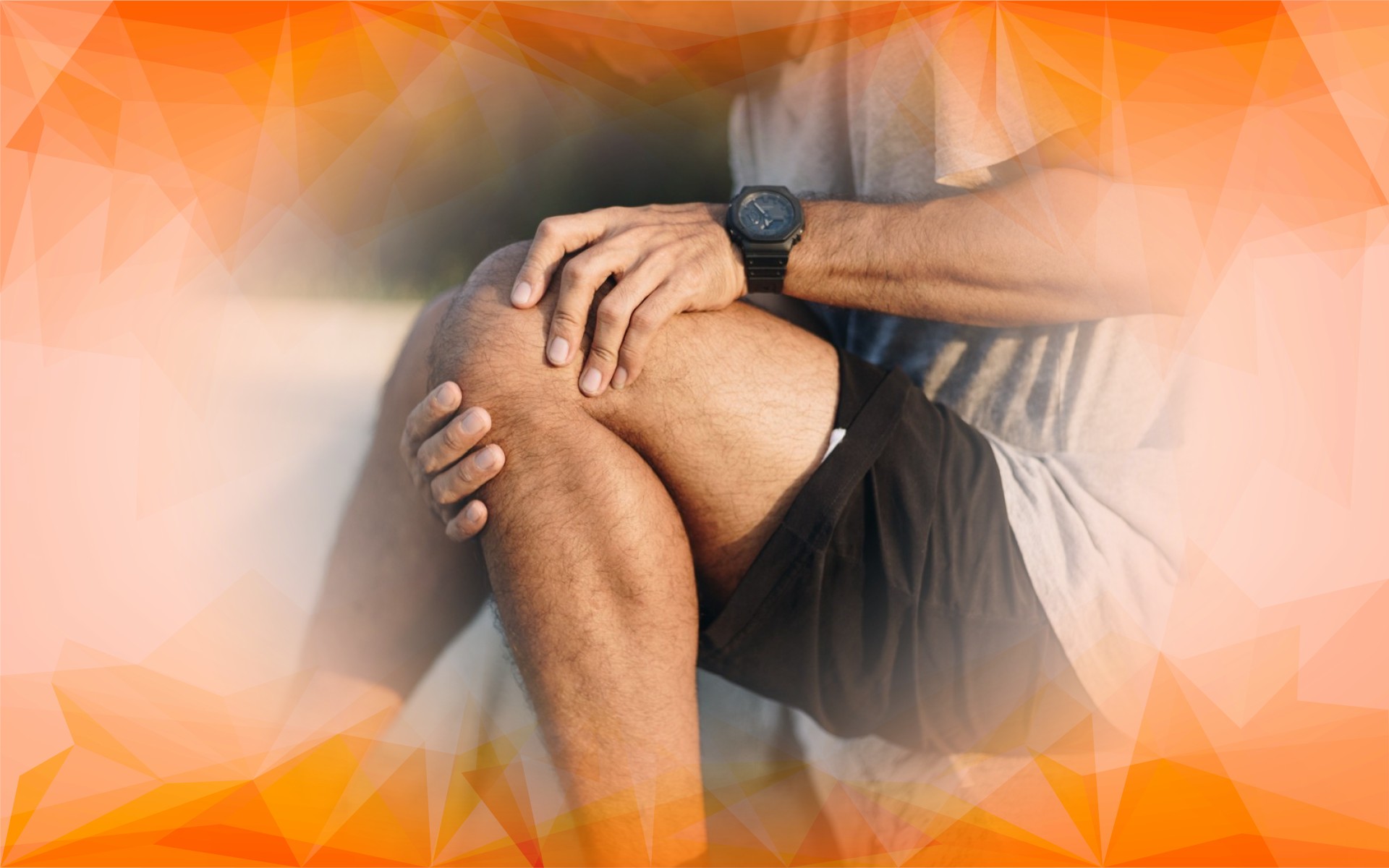What Does Advanced Knee Osteoarthritis Really Mean?
When osteoarthritis reaches stage 4, the cartilage in the knee is almost entirely gone, causing the bones to rub directly against each other. This leads to intense, chronic pain, swelling, and stiffness, which can make simple tasks like walking or bending the knee incredibly difficult. The loss of mobility can also take a toll on mental health, contributing to feelings of isolation or depression as people reduce their activities.
For some, surgery might not be an option due to health issues, or they might prefer to avoid it if possible. This is why effective non-surgical treatments are so important—for managing pain , maintaining movement, and living as independently as possible.
Exercise: Your Ally in Managing Knee Osteoarthritis
It’s a common misconception that exercise will worsen arthritis. In fact, when done correctly, it is one of the best ways to ease knee pain, strengthen muscles, and improve joint stability. A recent study points out that “core treatment of knee osteoarthritis involves education of the patient, weight loss in the case of overweight patients and establishing an exercise program,” highlighting its central role in managing the condition.
Here are five simple exercises you can do safely at home to support your knees:
- Straight leg raises: These strengthen your thigh muscles without bending the knee, which can be painful.
- Hamstring curls: Work the muscles at the back of your thigh to support knee movement.
- Wall sits: Help build thigh strength while keeping pressure off the knees .
- Step-ups: Mimic everyday movements to improve functionality.
- Calf raises: Improve lower leg strength and balance.
It’s vital to perform these exercises carefully and gradually increase intensity. Conversely, some movements should be avoided to prevent aggravating your knee pain —deep knee bends, jumping, running, or twisting motions can all worsen symptoms. Consulting a physiotherapist can provide personalised guidance on what to do and what to steer clear of.
How Diet and Supplements Can Help Support Your Joints
What you eat can have a surprising impact on osteoarthritis . The NHS and other UK health bodies recommend maintaining a healthy weight to reduce pressure on affected joints, which can slow the disease’s progression. Integrating anti-inflammatory foods like oily fish (rich in omega-3s), fresh fruit and vegetables, whole grains, and nuts can help ease inflammation around your joints. Avoiding processed foods, excess sugars, and saturated fats is equally important.
When it comes to supplements, options such as glucosamine, chondroitin, collagen , omega-3 fish oils, and vitamin D are popular in the UK and may provide some relief. However, results vary and they shouldn’t replace other treatments. As Knežević and colleagues (2022) note: “The treatment is divided into core treatment and additional steps,” suggesting that supplements are part of a wider, personalised approach.
Always consult your healthcare provider before adding supplements to your routine to ensure they’re safe and appropriate for you.
New Approaches: Innovative Non-Surgical Treatments and Lifestyle Changes
Several cutting-edge non-surgical options are revolutionising knee osteoarthritis care . Early treatment steps often include non-drug methods such as using knee braces, specialised insoles, aquatic exercises , Tai Chi, and manual therapies—as well as medications like topical anti-inflammatories.
Injectable treatments , such as corticosteroids or hyaluronic acid, can provide short-term pain relief and improve joint lubrication. Newer regenerative options like platelet-rich plasma (PRP) or stem cell therapy harness the body’s own healing capacity, and although their use is still developing in the UK, they represent exciting possibilities.
Bishop and Rizzolo (2024) explain that “orthobiologics involves the usage of natural substances to treat musculoskeletal conditions including knee OA,” indicating a promising direction in therapy by using your body’s own materials to support repair.
On a cautionary note, arthroscopic surgery—a minimally invasive procedure once common for arthritis—is now generally not recommended for advanced osteoarthritis. As noted by Siparsky and colleagues (2007), “We found limited evidence-based research to support the use of arthroscopy as a treatment method for osteoarthritis of the knee,” and it should not be routinely used in such cases.
Lastly, don’t underestimate the power of lifestyle changes. Low-impact cardio exercises like swimming, walking, and cycling are excellent choices that improve your overall fitness while being gentle on your knees . Combining exercise, weight management, and ongoing self-care is key to keeping symptoms at bay.
Final Thoughts
Advanced knee osteoarthritis can feel overwhelming, but surgery isn’t your only option. A thoughtful blend of tailored exercise, good nutrition, informed supplement use, innovative therapies, and lifestyle adjustments often provides meaningful relief and preserves mobility.
Before making any changes, always seek personalised advice from your healthcare team. With the right strategies, it’s entirely possible to manage advanced osteoarthritis and maintain a good quality of life in the UK.
References
Knežević, A., Vojnović, L., Popovic, D., Spasojevic, T., & Garipi, E. (2022). Knee osteoarthritis treatment. Medicinski Pregled, 75(Suppl. 2), 57-61. https://doi.org/10.2298/mpns22s2057k
Siparsky, P. N., Ryzewicz, M., Peterson, B., & Bartz, R. L. (2007). Arthroscopic treatment of osteoarthritis of the knee. Clinical Orthopaedics and Related Research, 455, 107-112. https://doi.org/10.1097/blo.0b013e31802fc18c
Bishop, A., & Rizzolo, D. (2024). Orthobiologics and the treatment of knee osteoarthritis. JBJS Journal of Orthopaedics for Physician Assistants, 12(2), e24.00002. https://doi.org/10.2106/jbjs.jopa.24.00002
Frequently Asked Questions
Advanced knee osteoarthritis causes severe pain, swelling, and stiffness. Patients may struggle with walking, bending the knee, or daily activities. The loss of mobility can also impact mental wellbeing. AMSK Clinic is experienced in helping patients manage these complex symptoms effectively.
Exercise, when done safely, eases joint pain and strengthens supporting muscles. AMSK Clinic encourages tailored exercises like leg raises and wall sits at home. Their experts guide patients in avoiding harmful movements and adjusting routines to optimise mobility and comfort.
A balanced diet, emphasising anti-inflammatory foods like oily fish and vegetables, supports joint health. Popular UK supplements include glucosamine, chondroitin, and vitamin D. AMSK Clinic advises patients on nutrition and supplement choices as part of their comprehensive osteoarthritis management approach.
AMSK Clinic offers advanced non-surgical options, including regenerative therapies like platelet-rich plasma, injectable treatments, and orthobiologics. These treatments, based on cutting-edge research, aim to relieve pain and maintain function without surgery, reflecting AMSK Clinic’s commitment to advanced care.
AMSK Clinic combines tailored exercise, nutrition, the latest therapies, and ongoing support. Their experienced team focuses on preserving mobility, reducing pain, and promoting independence, helping patients with advanced knee osteoarthritis maintain a positive, active lifestyle wherever possible.



